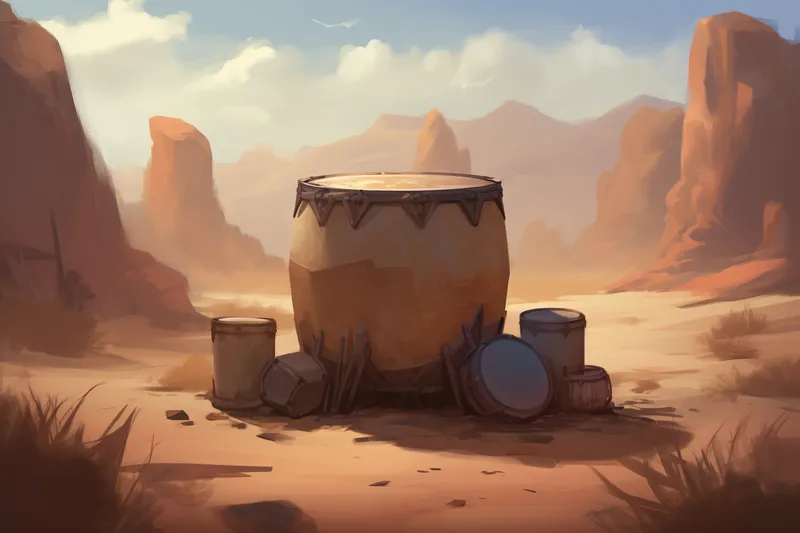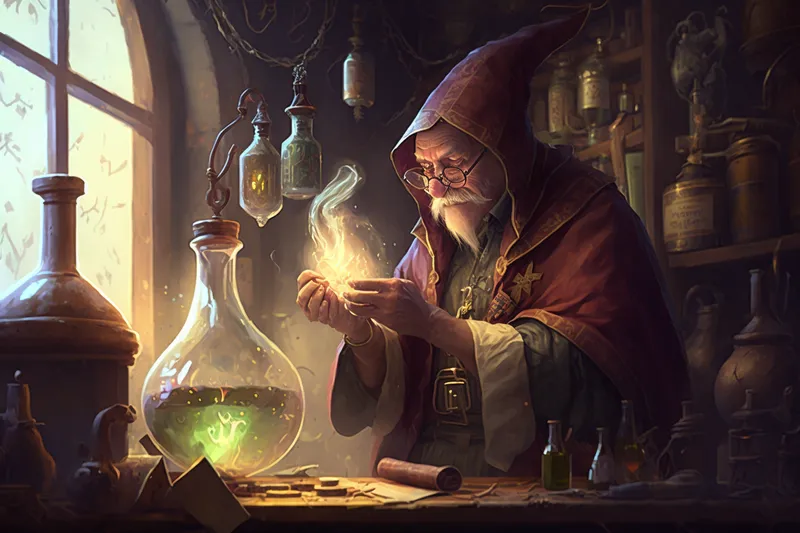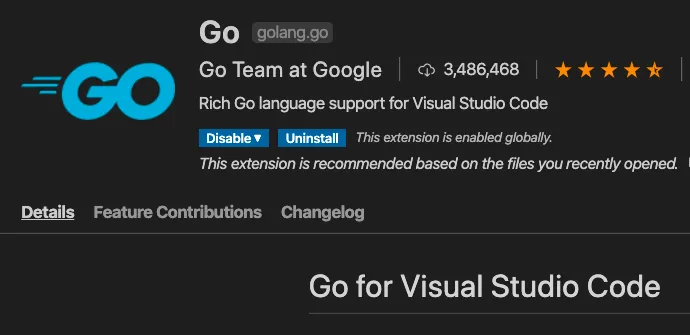Boot.dev Blog - Pg. 3


Can Go Be Used in Web Development?
Oct 06, 2023 by Natalie SchoonerRecently I saw an interesting post on Reddit: “I would like to be more full-stack,” user Fenugurod said. “I was studying Tailwindcsss and I’m pretty sure I can create really nice UIs with it. But what do you guys think about web development with Go? Most of my friends simply say to embrace the JS ecosystem with Nuxt or Next and use Go simply as an API.”


Understanding Stacks: Python Implementation of a Core Data Structure
Oct 06, 2023 by Lane WagnerA stack is an abstract data type that serves as a collection of elements. The name “stack” originates from the analogy of items physically stacked on top of each other. Just like a stack of plates at a buffet, plates can be added, removed, and viewed from the top. However, plates further down are not immediately accessible.


The Boot.dev Beat. October 2023
Oct 01, 2023 by Lane WagnerHappy All Hallow’s Eve. I hope you enjoy this month’s cover art. It might be my favorite so far.


What Does a Web Developer Earn?
Sep 13, 2023 by Natalie SchoonerAs always, the short answer is easiest: On average, according to Indeed, an American web developer earns $81,034 per year.


Learn to Code the Slow Way
Sep 10, 2023 by Lane WagnerEver since starting Boot.dev, I’ve been flooded with what I call “quicksand questions”. On the surface, a quicksand question seems like a good question. If you could answer it, it would catapult you from where you are (nightshift at the Wendy’s drive-in) to where you want to be (telling friends that you work at Netflix btw).


Top 10 Books on Web Development in 2023
Sep 05, 2023 by Natalie SchoonerIf you’re looking for good web development books, you’re probably interested in becoming a web developer. Makes sense – great pay, solid job security, and interesting work. But beyond that broad goal, you might be looking for some web development reading to satisfy other goals.


The Boot.dev Beat. September 2023
Aug 31, 2023 by Lane WagnerThe best part of working on Boot.dev is seeing you all make almost unbelievable strides in not only your understanding of fundamental concepts, but what you can now build from scratch. It’s not just that, I’ve been hearing a lot of stories about the confidence that’s being gained by our alumnis after shipping so much code. That’s a critical part of the journey.


Can I Use Python for Web Development?
Aug 14, 2023 by Natalie SchoonerI love giving a short answer to these: yes, 100%, Python is a great tool for web development.


The One Thing I'd Change About Go
Aug 12, 2023 by Lane WagnerGo is built for grug brained programmers like me. grug brain developer not so smart, but grug brain developer program many long year and learn some things although mostly still confused


What is Backend Web Development?
Aug 07, 2023 by Natalie SchoonerThe boring answer is that backend web development is the process of building the server-side of websites and web applications. It primarily focuses on handling the logic, data processing, and communication between the user’s web browser and the server.


The Boot.dev Beat. August 2023
Jul 28, 2023 by Lane WagnerAs I’m writing this on July 28th, we’ve had 118,984 lessons successfully completed by students on Boot.dev so far this July. This marks the first time we’ve had over 100k lessons completed in a month. While I’m ecstatic that we’ve been able to join you in so many of your learning journeys, I just want to emphasize that it’s your journey. We’re here to provide the best resources and experience that we can, but you deserve every ounce of credit for your hard work. Keep it up friends.


The Pros and Cons of Django for Backend Development
Jul 17, 2023 by Natalie SchoonerDjango is a popular Python-based framework for building web applications. It provides pre-built components and conventions, which simplifies the web app development process and allows developers to focus on writing their application’s specific logic rather than dealing with repetitive tasks. Basically, it’s all about reusability.


I Mock Your Mocks
Jul 13, 2023 by Lane WagnerSeveral years ago I started my first job as a “senior” Go developer. You see, after a modest 3 years in the industry, my arcane ability to use the Go standard library’s strings.Contains() function managed to leave a powerful impression on the hiring team.


The Best Backend for Vue: 6 Options
Jul 11, 2023 by Natalie SchoonerPart of being in the software development space means I’m near a lot of entrepreneurs. Code is a powerful building block, and that appeals to a lot of self-taught big thinkers.


Frontend? Gross. This is Why I've Always Preferred the Backend
Jul 09, 2023 by Lane WagnerAs a kid, I always wanted to be good at drawing. I practiced drawing my favorite anime characters, but frankly, my mom was the only one who thought they were good.


Build Your First Coding Project and Avoid Tutorial Hell
Jul 04, 2023 by Lane WagnerWhile “real” hell may or may not exist (no need to get into religious beliefs here), tutorial hell is very real.


The Boot.dev Beat. July 2023
Jun 26, 2023 by Lane WagnerJune was hot. I got sunburned. What else happened… Oh yeah, I finished the new CI/CD course! It’s slated to launch on July 10th, so watch out for that. We also are in the process of hiring a new Boot.dev team member to help us build harder better faster and stronger.


What’s the Best Backend For React? 5 Options to Choose From
Jun 26, 2023 by Natalie Schooner“I already know React,” mused my friend. “What popular backend language should I learn that will make me a useful hire to companies?”


Awww, do I Really Need to Learn X to Get a Job as a Developer?
Jun 24, 2023 by Lane WagnerA developer’s life is a never-ending saga of learning new things. It’s like you’re playing Diablo where every new Jira ticket can feel like the next mini boss to slay. Exciting? Absolutely. Scary? Sure. Especially at first.


Boot.dev Team Handbook
Jun 12, 2023 by Lane WagnerOur goal: To make the best place to learn to code. The most effective, the most fun, and the most thorough. Now, let’s talk about how to succeed with your work at Boot.dev.


Boots, a Wizard Bear that Codes
Jun 08, 2023 by Lane WagnerBoots is the heart and soul of Boot.dev. Not only is he capable of helping you through any lesson on Boot.dev, but he’s a friendly wizard bear with a charming personality. Some things you should know about Boots:


The Boot.dev Beat. June 2023
May 31, 2023 by Lane WagnerMay was a historic month for Boot.dev. We added more students to the backend learning path than we ever have in a single month before, and we’re doing everything we can to build and release new, better courses at a faster clip. Thanks for hanging out and learning with us.


Format on Save in Go with VS Code [2023]
May 26, 2023 by Lane WagnerGo has hard opinions about how you should style and format your code. Setting up your VS Code environment to enforce the standard linting and formatting rules can save you a ton of time.


Programming types and (incorrect) mindsets
May 08, 2023 by Lane WagnerDHH, the creator of Ruby on Rails, Hey, Basecamp, and a few other things, recently wrote an article titled “Programming types and mindsets”, and I just have to chime in on this one.


12 Codecademy Alternatives That Will Get You Where You Need to Go
May 04, 2023 by Natalie SchoonerJust last month, Codecademy was sold to Skillsoft for $525 million. Not too shabby, and entirely well-deserved if you ask me. I’ll be straight with you, I love Codecademy. Maybe you’re wondering why I’m opening with that in an article about its alternatives, but I want to start with the history so you can grasp what Codecademy alternatives are good for.